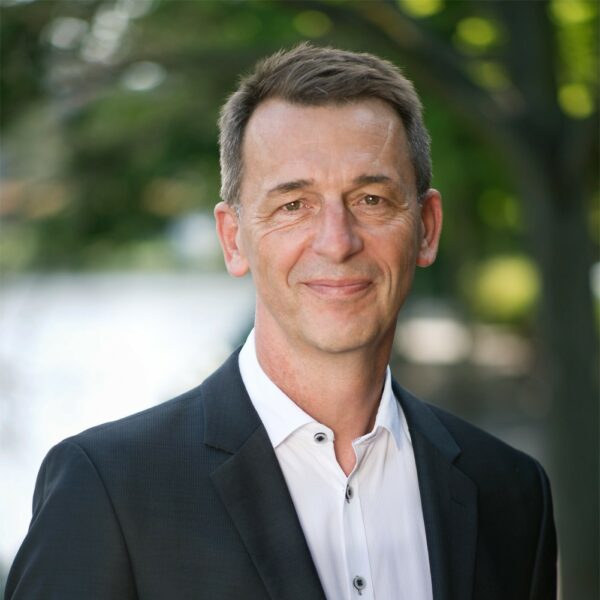Leave no one behind – a brave and bold ambition that forms the theme of the Sustainable Development Goals, which aim to eradicate poverty and injustice by 2030. The international community, including the civil society sector, takes this as guidance for its programmes and projects. As part of that ambition, one area of focus will include the most marginalised communities and people in every country. And there are many: discriminated ethnic minorities, mutilated war victims, impoverished children, desperate refugees and displaced families, to name but a few.
Last week, the global ‘Leave No One Behind’ (LNOB) coalition met in Dhaka, Bangladesh, bringing together several of the largest international civil society organisations. The aim: to join forces to raise the voices of the most marginalised. The group has been working in five pilot* countries over the past six months and is developing a plan to combine data, distil learnings and use those for better programming and advocacy nationally and globally.

Bringing together many actors from different national contexts has many complexities, but provides for valuable learning, and hopefully, greater impact through a collaborative approach. In one country, for example, Vietnam, this coalition is already becoming the principal voice of civil society vs the Voluntary National Review which is submitted annually to report progress on SDGs. One overriding theme at the meeting was indeed, how the coalition can input into those government-led monitoring mechanisms, which too often lack disaggregated data and the voice of marginalised communities. And it proved beneficial to have representatives of the Bangladesh Government attend part of the meeting, which was hosted by the influential NGO BRAC, in order to discuss better linkage of monitoring between state and civil society.
Figuring out what marginalisation means is a key, and difficult task, because of its highly contextual nature. Bangladesh, again, is a good example of this, as it is now hosting one of the largest vulnerable and marginalised refugee communities, which fled from neighbouring Myanmar last year. Giving Rohingya people a voice is imperative, without losing consideration of those communities that are less visible.
Inclusive data gathering needs to cover quantitative data according to the many SDG indicators that exist. But every marginalised person has a story, which should be told so that underlying causes for discrimination and injustice are understood and addressed. In a world of increasing use of big and small data, their protection and the concerns for privacy need to be dealt with seriously, especially as marginalisation often has highly political dimensions. The LNOB coalition is seeking expert advice on data use so that people‘s rights are not violated.
The High-Level Political Forum of the UN exchanges progress and challenges on the Goals every year. The LNOB project is aimed at this Forum and will be represented there this year. It will link up with similar initiatives to bring the voices of the most marginalised and poorest into the centre of discussions. Without prioritising them, the international community will not achieve the Goals, nor live up to the needed structural changes that need to happen in social, economic and political terms.
If your organisation is interested in joining the coalition or in finding out more, then please contact the project manager Peter Koblowsky at pkoblowsky@icscentre.org
*Bangladesh, India, Kenya, Nepal and Vietnam











